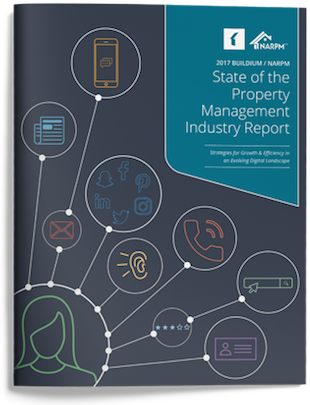What’s the deal with evictions in Georgia?
While every landlord hopes that he or she doesn’t have to face going through the eviction process, you may encounter it for one reason or another. It’s a good idea to be well-informed and prepared for this situation by familiarizing yourself with the eviction process in Georgia, because it may not always be straightforward.
At least, that was the case in Savannah recently, when a property management company initiated the eviction process on the wrong property, without ever having to show proof of home ownership. When said property management company filed a form and a signed affidavit in magistrate court to evict one of their tenants, nobody realized that the address was incorrect. By the end of the case, the tenants of a home located on the church property for the Holy Zion Pentecostal Church found their belongings on the street.
The thing is, in Georgia, an eviction notice must be served one week before belongings can be removed from the property. If there is no response, the eviction can proceed. And, as you can imagine, the pastor of Holy Zion Pentecostal Church and his wife never saw an eviction notice.
You probably won’t ever find yourself in this situation, but it’s never been more clear that an important part of the eviction process is letting tenants or homeowners know about an impending eviction, as nobody wants to find their things on the street without a warning (in the least). To avoid a newsworthy eviction with tenant belongings on the street, read on to learn about the best ways to appropriately handle the situation.
What are some reasons I can evict a tenant?
- Lease expiration
- Failure to pay rent
- Violation of lease terms
Are there situations in which I cannot evict a tenant?
As is the case in Georgia and many other states, it is illegal to evict a tenant as a form of retaliation because they’ve joined or started a tenant’s union, or if they have reported unsafe property conditions to government officials.
Tenants cannot be a evicted for damage to the property that was not their fault.
Furthermore, accepting partial payment for late or unpaid rent will end the eviction process.
What is the process normally like?
Landlords should attempt to resolve issues on their own with a tenant before going to court as a result of the costs associated with pursuing a case in litigation.
There are several things landlords are prohibited from doing in the process of evictions, like changing the locks or having the electricity turned off. Doing this might seem like a great way to send a message to the tenant, but it considered a “self-help” eviction, and can actually get you into hot water and give the tenant more legal leverage.
If the reason for pursuing eviction has to do with unpaid rent, the landlord can file for eviction the day after rent was due.
- File an eviction notice in court because of past due rent or breaking the terms of the lease. For unpaid rent, eviction cases can be filed the day after rent was due.
- Notify the tenant that you will be pursuing an eviction. Notice can be tacked to the door by you, the Sheriff, or a Marshal from the court.
- Wait for tenant response. In Georgia, tenants have seven days to respond to the notice, if they fail to answer, the eviction case can proceed.
- Take the eviction lawsuit to court, where tenants will have the chance to defend their case. If they are withholding rent due to unsafe living conditions that is out of their control, they may have a reasonable defense. If they can prove they have not broken their lease or that their lease was unreasonably terminated, they can bring proof of this to the judge.
- If the judge rules in favor of the landlord, they will order a judgment and give the tenant a certain number of days to vacate the property. A sheriff or marshal can remove their property at the end of this time period. The tenant still has the right to file an appeal.
Where can I learn more?
If you have any questions, or think you may want to start the eviction process with a tenant in Georgia, please consult a lawyer.
Resources:
- NOLO Guide for Eviction Notices for Nonpayment of Rent in Georgia
- Georgia Legal Aid Landlord-Tenant Handbook
You may also be interested in:
Disclaimer: The materials on this database provide general information related to the law and are intended to provide a layman’s summary of the law. The information provided does not constitute legal advice and the manager of this database is not a law firm. These materials are intended, but cannot be promised or guaranteed to be current, complete or up-to-date. All of the information offered are intended for general informational purposes only. You should not act or rely on any of the information contained on this database without first seeking the advice of a qualified attorney.


